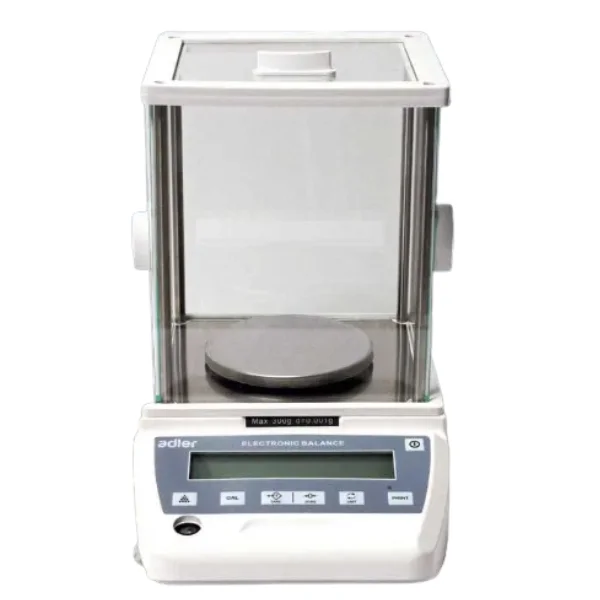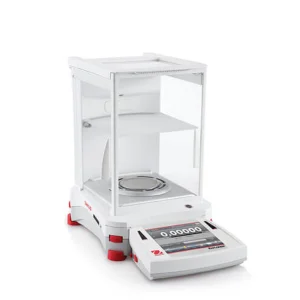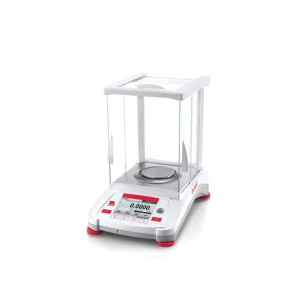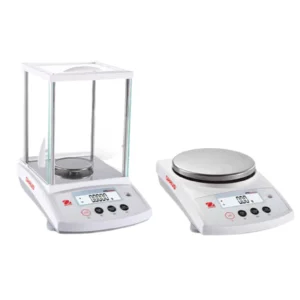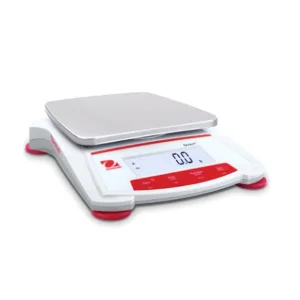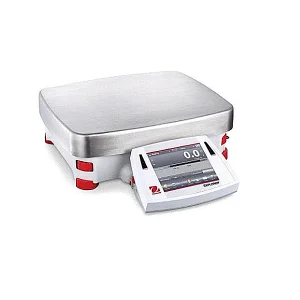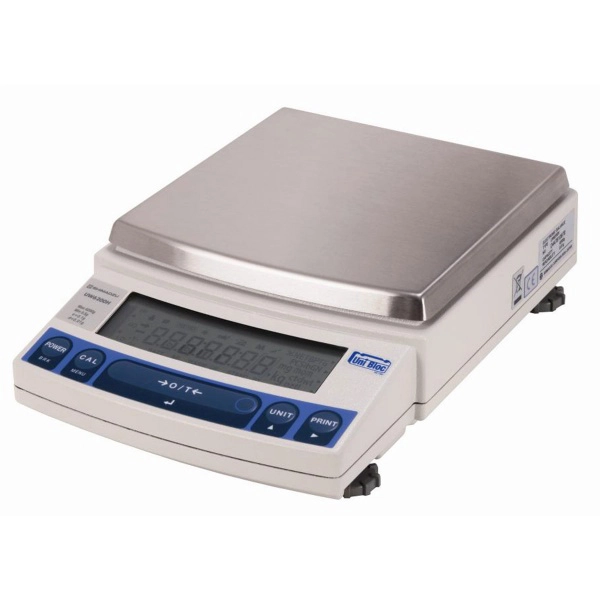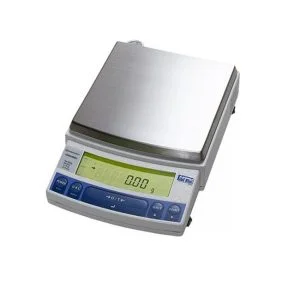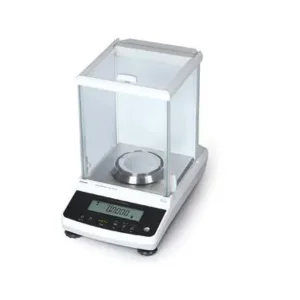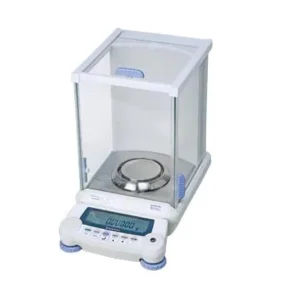Arab Scale offers a range of analytical balance from reputable brands such as Adler, Ohaus, and Shimadzu, providing laboratories with precise measurements essential for scientific research and experimentation. These analytical balances are equipped with advanced features and technology to ensure accurate weighing of substances, making them indispensable tools for researchers and scientists striving for the highest levels of precision in their work.
Highly precise weighing instruments used primarily in scientific laboratories and research settings, analytical balances provide accurate measurements of mass down to fractions of a milligram or even microgram. Essential for quantitative analysis, quality control, research, and development, these balances feature key attributes such as high precision, enclosed draft shields for environmental protection, electromagnetic force restoration technology for stability, and connectivity options for data transfer. Analytical balances are vital tools for ensuring accuracy and reliability in various scientific and industrial applications.
FAQ
1 What is the difference between an analytical balance and other types of weighing instruments?
Analytical balances are designed for measuring small masses with high precision, often to the milligram or microgram level. They typically offer features such as draft shields to minimize air currents affecting measurements and internal calibration for accuracy. This sets them apart from other types of scales and balances, like precision balances or industrial scales, which may have lower resolution and are intended for different applications.
2 How do I calibrate an analytical balance to ensure accurate measurements?
Calibration of an analytical balance is crucial for obtaining reliable measurements. Most modern analytical balances come with internal calibration features that allow for automatic calibration at regular intervals. Additionally, external calibration weights can be used to verify and adjust the balance's accuracy manually. It's essential to follow the manufacturer's instructions and regularly perform calibration checks to maintain the balance's accuracy over time.
3 What factors should I consider when selecting an analytical balance for my laboratory?
The types of substances to be weighed, the required precision level, the weighing capacity and readability, and any particular features needed for your application (like integrated applications for density determination or pipette calibration) should all be taken into account when selecting an analytical balance. Take into account additional elements including dependability, simplicity of use, and the manufacturer's or brand's reputation.
4 What is the importance of using an analytical balance in pharmaceutical laboratories?
An analytical balance is crucial in pharmaceutical laboratories for precisely measuring the weight of active pharmaceutical ingredients and formulations. Accurate measurements are essential for ensuring the potency, consistency, and safety of pharmaceutical products, as even slight variations can impact product quality and efficacy. By using an analytical balance, pharmaceutical scientists can maintain quality control, adhere to regulatory standards, and ultimately deliver safe and effective medications to patients.

